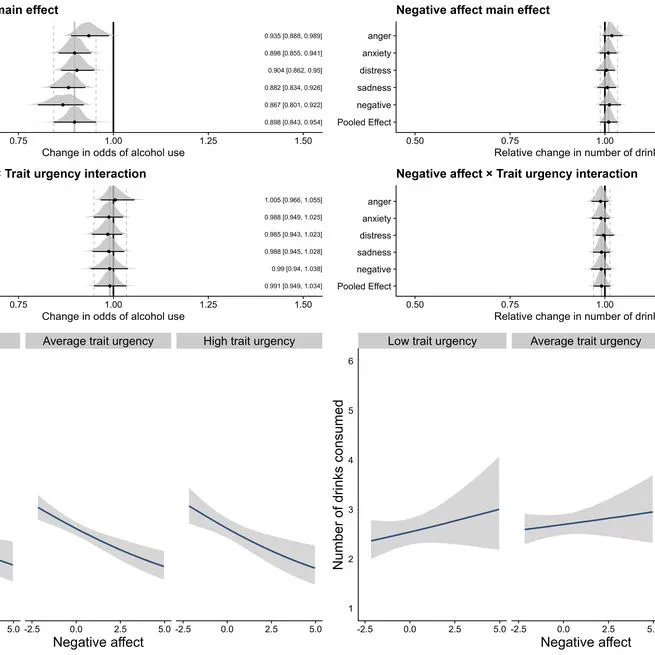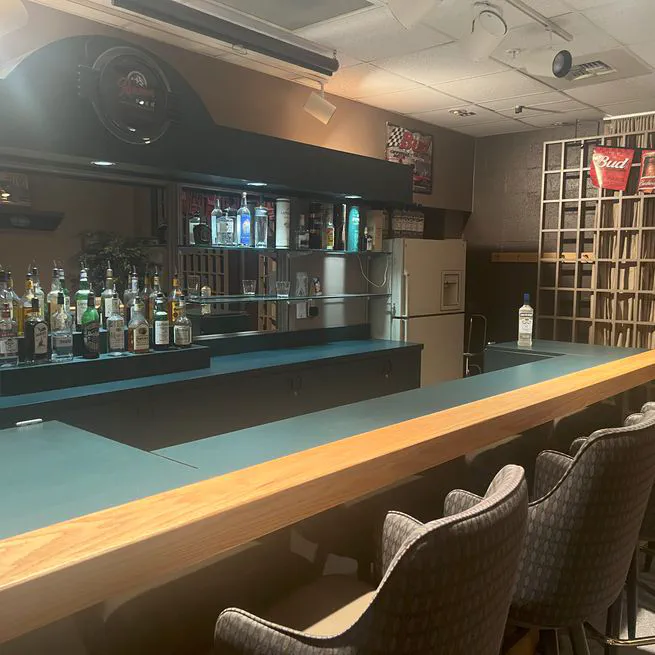
In this paper, we show (once more) that, unlike some prior research claims, impulsivity traits DO NOT moderate affect-substance associations in EMA data.
Feb 1, 2026
In this paper, we perform a Specification Curve Analysis to show that assocations between negative/positive affect and alcohol and cannabis use in EMA data are robust to hundreds of different specializations of the hypothesis.
Jan 1, 2026
In this paper, we show via IRT how different daily measures of AUD symptoms perform in EMA data.
Jan 1, 2026
In this paper, we computationally modeled decisions in the IGT while intoxicated and in a bad mood.
Oct 2, 2025

In this paper, we test the affect regulation hypothesis from a value-based decision-making perspective in the laboratory.
Oct 1, 2025
In this paper, we report a study that shows, contrary to some prior research, that perceived self-control demands are not associated with same-day loss of control over drinking in young adults.
May 1, 2025
In this paper, we show that, despite being considered an indicator of an emotion regulation strategy, coping motives (for alcohol use) are more closely related to negative emotionality rather than emotion regolution styles.
May 1, 2025
In this paper, we explore one possibility why positive affect predicts alcohol use in daily life, which is that the associations is reversed (affect increases in anticipation of drinking). We found some evidence for this by looking at people's intentions to drink.
Apr 1, 2025
In this paper, we test whether mood affects evidence accumulation during value-based decision involving tobbaco-related/un-related stimuli in daily smokers (it does not).
Mar 1, 2025
Across three preregistered experiments (total N = 450), we found that people are more likely to gamble with the fruits of their labor if they worked harder to obtain them.
Mar 1, 2025